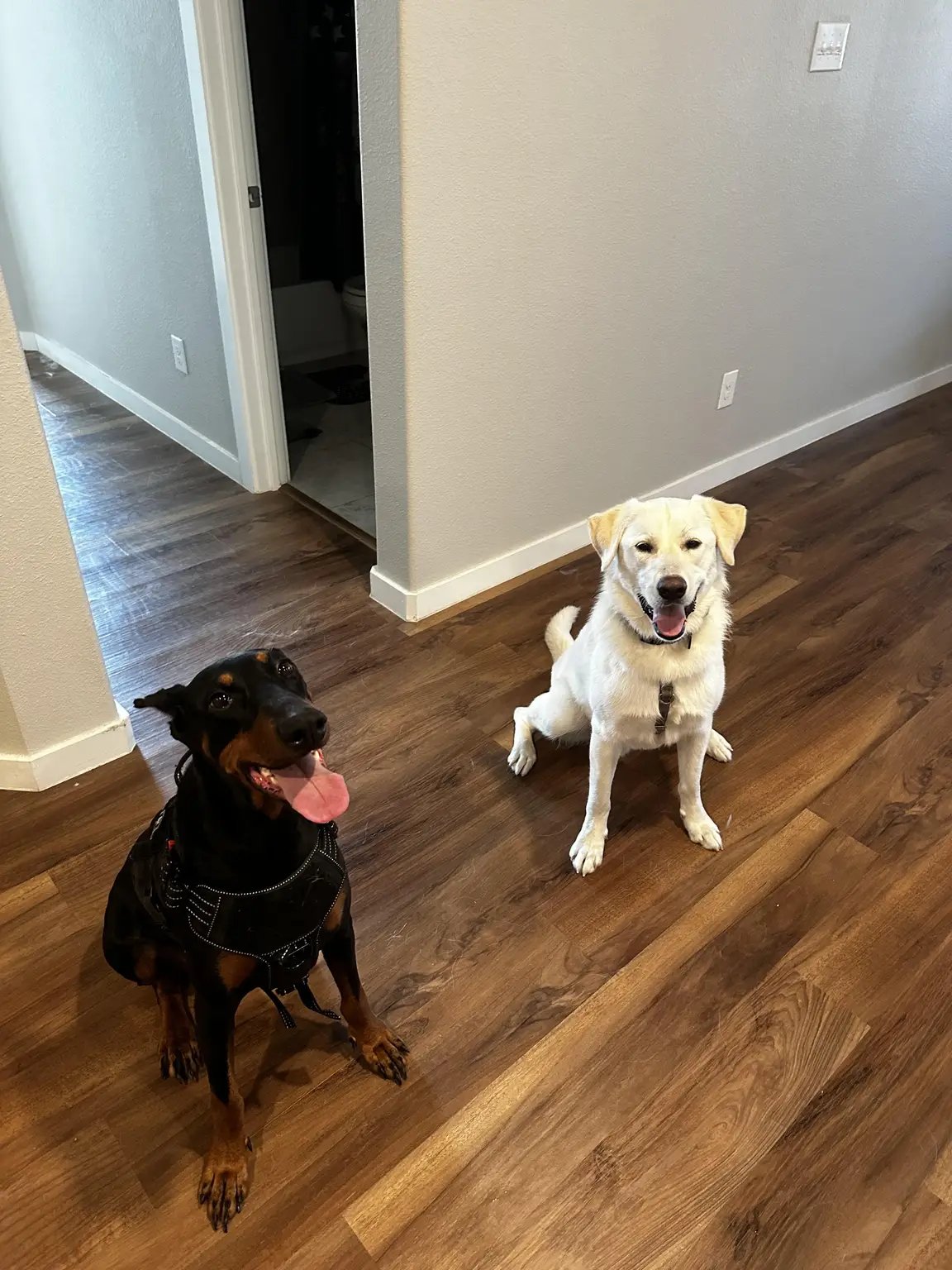Choosing the Perfect Dog Trainer: A Comprehensive Guide
Choosing the right dog trainer involves understanding your dog’s unique needs, evaluating different training methods, checking qualifications, and ensuring a strong, communicative relationship with the trainer. By finding a trainer whose expertise and approach align with your dog’s personality, you set the foundation for lasting success and a stronger bond with your canine companion.
Chandler Hunt
4/25/20253 min read


Understanding Your Dog's Needs
Before beginning your search for a dog trainer in Fort Worth, take time to evaluate your dog’s specific needs and behaviors. Every dog is different, and recognizing individual traits like anxiety, aggression, or excessive barking can help determine the type of training required. Pay close attention to persistent challenges such as leash pulling, poor socialization, or difficulty following basic commands. These insights will point you toward a trainer who specializes in the right areas for your pup.
Also consider factors like your dog’s age, temperament, and energy level. Matching your dog’s personality with the trainer’s style ensures a more effective and harmonious training experience.
Puppies often need foundational obedience and socialization.
Adult dogs might benefit from more targeted behavioral correction.
High-energy breeds may require active, structured training.
Sensitive dogs could thrive with a softer, positive-reinforcement approach.
Exploring Training Methods
Understanding the different dog training methods available is essential when choosing a trainer in Fort Worth. Common approaches include positive reinforcement, dominance-based techniques, and clicker training—each with distinct pros and cons.
Positive reinforcement uses treats, praise, or play to reward good behavior, promoting trust and reducing anxiety, though it requires consistency.
Clicker training builds on this method by using a sound marker to signal successful behavior, offering clarity but requiring precise timing.
Both focus on encouraging cooperation through positive interactions.
Conversely, dominance-based training emphasizes establishing control through corrections and asserting authority. While some argue it helps manage strong-willed dogs, it can also induce stress or fear, particularly in more sensitive pups. Ultimately, the best method depends on your dog’s personality and your comfort with the trainer’s style. Choosing a trainer whose methods align with your values and your dog’s needs sets the stage for a more effective and rewarding training experience.
Assessing Trainer Qualifications and Experience
When choosing a dog trainer in Fort Worth, their qualifications and experience should be top priorities. Look for trainers with certifications from reputable organizations as these signal a solid foundation in canine behavior and ethical training practices.
Equally important is hands-on experience—trainers who’ve worked with a variety of dogs over the years are often better equipped to handle complex behavioral challenges and adapt to different temperaments.
It’s also wise to consider a trainer’s specific areas of expertise. Some specialize in working with certain breeds, rescue dogs, or specific issues like aggression or anxiety. Asking for client references or reading online testimonials can offer insight into their methods and results.
Many trainers share videos or case studies online, giving you a clearer picture of what to expect. A thorough review of a trainer’s background helps ensure you’re choosing someone who’s not only qualified, but also the right fit for your dog’s unique needs.
Building a Relationship with Your Trainer
Building a strong relationship with your dog trainer is key to a successful training journey.
Open communication and mutual trust allow both you and the trainer to align on goals and expectations. During your initial consultation in Fort Worth, use the opportunity to discuss your dog’s needs, ask about the trainer’s methods, and observe how they interact with your dog. A compatible trainer should be approachable, respectful, and attentive to both you and your pup’s comfort.
Ask specific questions about their experience with your dog’s breed or behavior issues and how they adapt their techniques to different personalities. Pay attention to their communication style—clear, constructive feedback is a must. As training progresses, stay engaged by sharing updates and asking questions. A collaborative, ongoing relationship with your trainer ensures the plan remains effective and tailored, leading to long-lasting results for you and your dog.
Conclusion
Choosing the right dog trainer in Fort Worth is more than just a practical decision—it’s an investment in your dog’s future and your relationship with them.
By understanding your dog’s unique needs, exploring different training methods, evaluating qualifications, and prioritizing compatibility, you set the stage for a successful and rewarding training experience. A great trainer doesn’t just teach your dog—they empower you with the tools, confidence, and support to build lasting trust and communication.
At Sentinel K9, we’re passionate about helping Fort Worth dog owners create well-balanced, confident companions through personalized training. Whether you're starting with a new puppy or working through behavioral challenges, we're here to guide you every step of the way!
Schedule your consultation today and let’s build something great—together!
